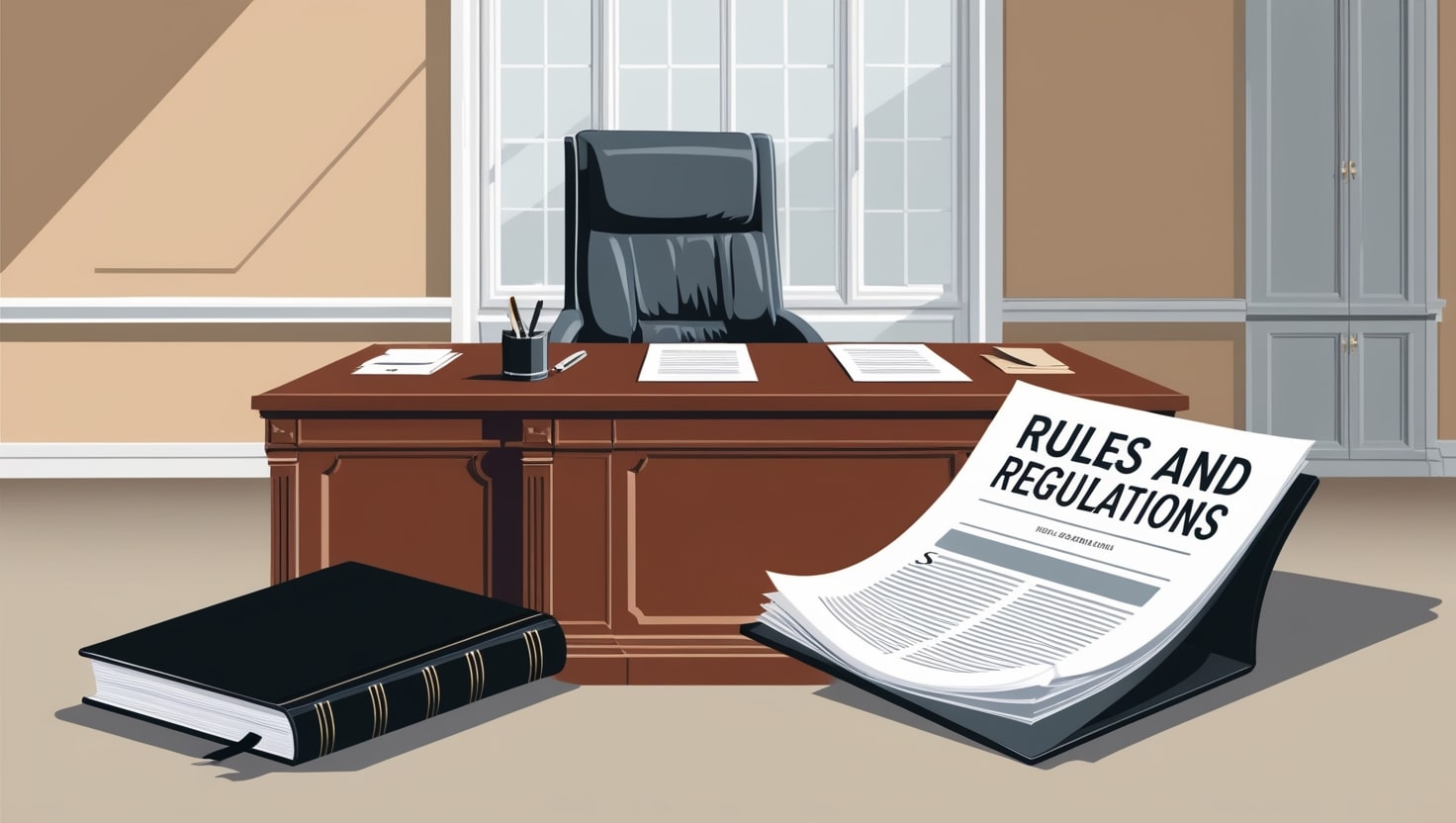Oslo, Norway Airbnb Rules & Regulations
Last updated on: 4th July, 2025


Last updated on: 4th July, 2025

Airbnb regulations in Oslo, and more broadly in Norway, focus on ensuring responsible hosting, tax compliance, and the management of rental periods. Here's a summary of the key rules and considerations for hosts:
Tax Regulations: Rental income up to 10,000 kroner from short-term rentals is tax-free, provided each rental period is under 30 days. For income above this threshold, 85% of the excess amount is taxable at a rate of 22% for the income years 2023 and 2024. Hosts must ensure their identification details and property information are submitted for tax reporting.
Rental Duration Limits:
Property-Specific Permissions: Restrictions may apply depending on property types, housing arrangements (e.g., condominiums, housing cooperatives), and contractual agreements such as mortgage or lease terms. It's crucial to verify permissions with local authorities or legal counsel.
Fees: Airbnb charges hosts a fixed service fee of approximately 3% of the booking subtotal, with guests paying around 14% for service fees.
Hosting Practices: Hosts should adhere to Airbnb's health and safety guidelines, particularly post-COVID-19, and ensure compliance with local regulations regarding property use and guest interactions.
Regulations and Insurance: Hosts are encouraged to verify their insurance coverage for liabilities and property protection, as Airbnb’s host protection policies do not replace traditional insurance.
The article also emphasizes the importance of consulting professionals for specific legal and tax advice, as the information provided serves only as a general overview.